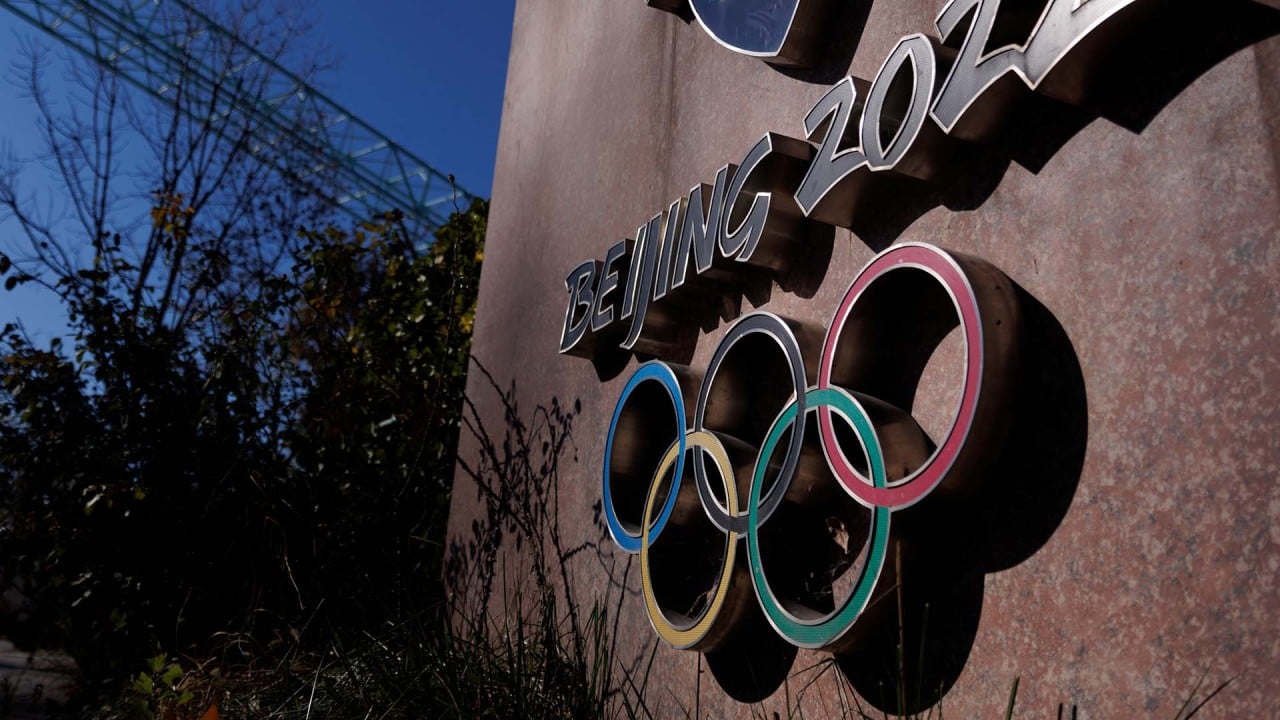South Korea urged to rethink China trade strategy amid intensifying competition
- China’s advancement in hi-tech industries means direct competition with South Korea is growing, says the Korean International Trade Association
- It is critical relations are reestablished to compensate for changes in the world trade environment, the organisation says in new report

South Korea must recalibrate its trade strategy with China, as competition between the two countries has been intensifying as a result of Beijing’s long-term industrial policy, a leading South Korean trade organisation has said.
“It is critical that South Korea-China relations are reestablished in line with changes in the world’s trading environment, such as China’s manufacturing competitiveness that is strengthening and the rivalry for hegemony between the United States and China,” said the report published by the Korean International Trade Association (KITA) on Wednesday.
The report, titled “Changes on South Korea – China trade structure and their significance,” was published by KITA’s research arm, the Institute for International Trade, in anticipation of next year’s 30th anniversary of South Korea and China’s establishment of diplomatic relations.
KITA, which was established in 1946, is one of the biggest trade associations in South Korea and has more than 70,000 members.

